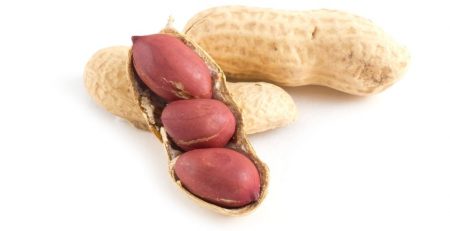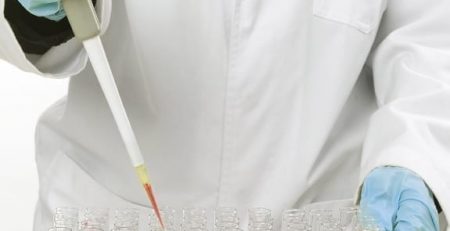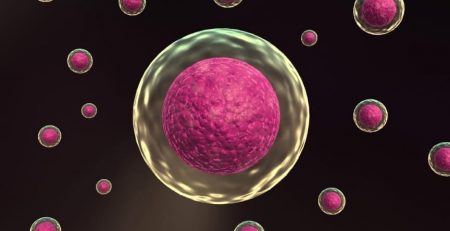Lab-grown thymus
Scientist used reprogrammed lab-created cells to develop a functional thymus. Clare Blackburn MRC Centre for regenerative medicine at the University of Edinburgh led the research and published the work in the journal Nature Cell Biology. The Thymus is in charge for the maturation of T cells and they are necessary to a functional immune system. Disease and aging can benefit the thymus, but some birth defects like DiGeorge syndrome will prevent the thymus from forming. It is possible for transplants or immune cell infusions, but organ availability is difficult to find. Scientists have been working on creating custom-made replacement replacement organs using progenitor cells.
“The ability to grow replacement organs from cells in the lab is one of the ‘holy grails’ in regenerative medicine,” Blackburn explained in a press release. “But the size and complexity of lab-grown organs has so far been limited. By directly reprogramming cells we’ve managed to produce an artificial cell type that, when transplanted, can form a fully organized and functional organ. This is an important first step towards the goal of generating a clinically useful artificial thymus in the lab.”
Researchers first acquired fibroblasts from mouse embryos and then used a protein readily found in the thymus during embryonic growth called FOXN1 to transform the fibroblasts into induced thymic epithelial cells. The cells were then accounted to growth factors and other thymus cells, and were attached to mouse kidneys to grow and mature. After a couple of weeks, it had formed as a natural thymus. These organs were also able to produce T cells, which made them the first functional organ developed from lab-created cells that had been transplanted into an animal. It will be some time before researchers can replicate the process using human cells and a long time before it can be an actual clinical process. This could also be usefull for those with leukemia and who have undergone bone marrow transplants with critically weakened immune systems.














